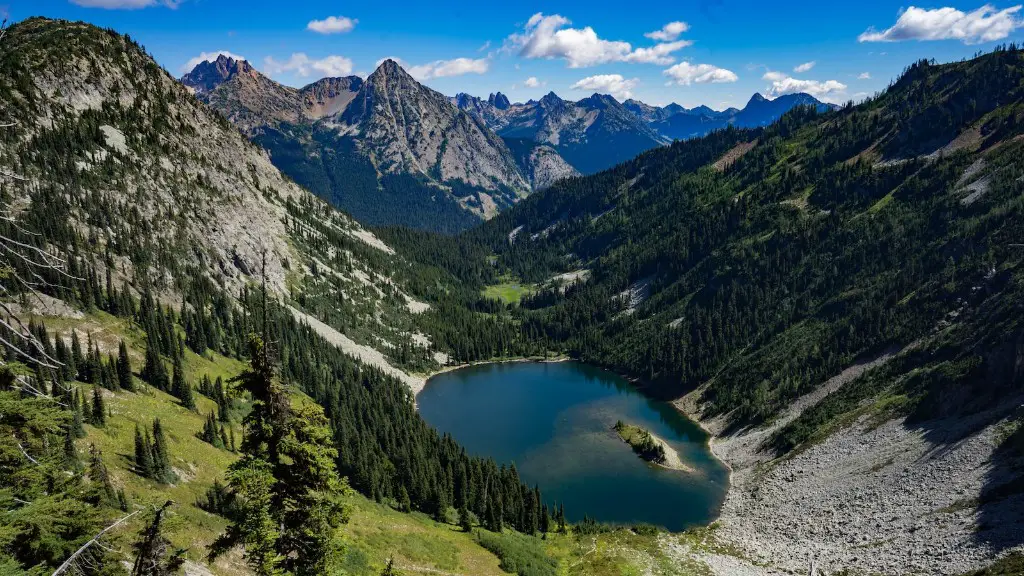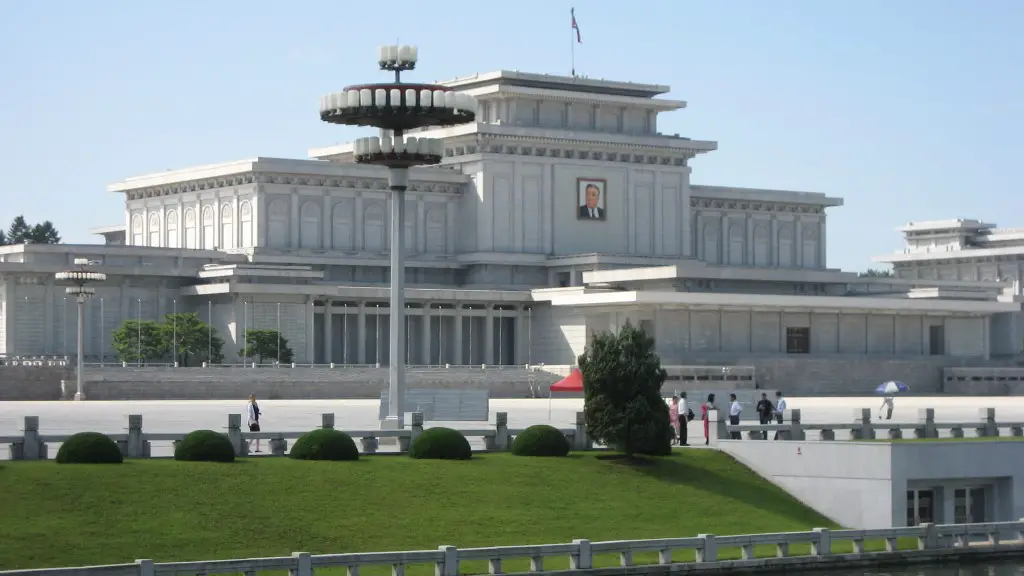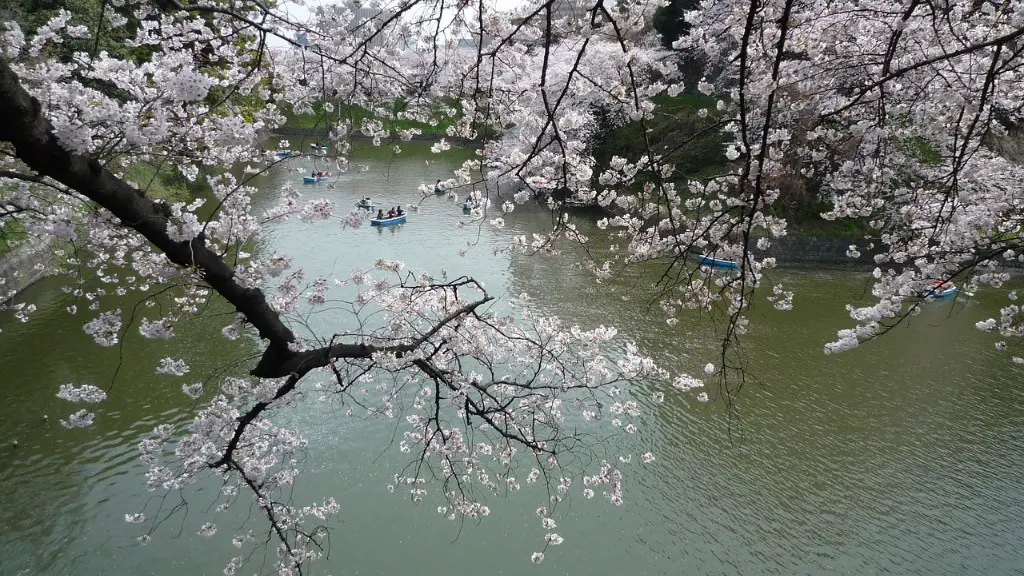What is happening in North Korea?
North Korea has been a threat to global peace and security for over 60 years, with its oppressive regime and relentless human rights abuses. The Communist dictatorship has been accused of deliberate starvation, state-sponsored torture, forced labor, and widespread sexual violence. Since 1994, North Korea has maintained a hermetic sealing of its borders, leading to a severe lack of information from and insight into the nation.
The current leader, Kim Jong-un, is primarily responsible for the country’s oppressive policies. Under his rule, North Korea has increased its long-range missile capabilities, drastically reduced international food aid and recently restarted the country’s nuclear program. Every year, an estimated 200,000 North Koreans suffer from human rights abuses — detained for their political or religious beliefs without due process, subjected to prolonged arbitrary detentions in prison camps and brutal torture, and stripped of their right to life, freedom of speech, and freedom of expression.
What is the international response?
These human rights violations go largely unnoticed on the world stage. Although various United Nations sanctions have been placed on North Korea, they have done little to curb the regime’s abuses. The international community, led by the U.S. and other allied nations, has pushed for economic sanctions and isolation of North Korea in the past. But even these have had limited success, with the regime continuing to receive support from China and other international allies.
The UN Security Council unanimously passed three resolutions in 2017 and 2018, further sanctioning North Korea in an attempt to deescalate tensions. U.S. President Donald Trump has also taken a hardline stance against North Korea, refusing to engage in talks until the regime gives up its nuclear ambitions. Despite this, North Korea continues to challenge the international community with its development of ballistic missiles and nuclear weapons.
Why is North Korea not addressing the human rights violations?
Many experts attribute the regime’s blatant disregard for human rights to the authoritarian rule of Kim Jong-un. The government has a strong policy of secrecy, which allows it to control the flow of information into and out of the country. This suppresses any independent media presence, making it difficult for citizens to speak out or protest in any meaningful way.
The government also tightly controls the economy, with most of its resources going towards military projects such as nuclear weapons. This leaves little room for any economic reform or social programs to address the human rights abuses. This vicious cycle of suppression, coupled with the international community’s inability to effectively intervene, has resulted in a complete disregard for the rights of North Korean citizens and the global community.
What are the potential consequences?
If the international community continues to ignore the plight of North Korean citizens, the repercussions will be felt around the world. Continued development of North Korea’s nuclear capabilities could act as a catalyst for nuclear arms races in the region, endangering allies and posing a genuine threat to global security. Kim Jong-un’s regime could also use its ability to disrupt the global economy through unpredictable tactics and cyber-attacks.
Furthermore, the lack of international pressure on North Korea’s human rights record serves to legitimize and perpetuate the regime’s oppressive policies and practices. This could galvanize the international community’s stance on human rights, setting a dangerous precedent for future autocratic regimes.
What could be done to stop North Korea?
Any efforts to address North Korea’s human rights violations or restrain its nuclear ambitions require a multi-faceted approach. It is essential for the U.S. and its allies to work together in order to combine international pressure with meaningful sanctions, a consistent public stance and constructive dialogue.
There is no easy answer to the problem of North Korea, but there are a number of measures that could be put in place to protect its citizens and ensure their human rights. These include restricting access to technology and resources that could be used to develop weapons, increasing the presence of humanitarian aid groups, and leveraging the influence of the global community to pressure the regime into halting its oppressive practices.
What is the role of China and other allies?
China is a major power in the region and one of North Korea’s few international allies. Beijing has refused to increase pressure on its neighbor and continues to provide support despite mounting international outcry. In recent years, there has been speculation about China’s role in assisting North Korea’s missile and nuclear weapons programs, as well as the potential for increased sanctions on Chinese companies and individuals who are doing business inside the country.
The U.S. and its allies can leverage their own leverage with China to push for increased sanctions and sanctions enforcement. This could potentially cut off much of North Korea’s illicit trade and put an end to the regime’s nuclear ambitions.
How can North Korea’s isolation be broken?
Despite the hermetic sealing of its borders, there are increasing efforts to increase access to North Korea by members of the international community. Non-government organizations have sent delegations to the Korean peninsula, providing humanitarian aid, education, and advocating for change. International envoys have also traveled to North Korea on peacebuilding initiatives, attempting to reach out to citizens and open dialogue.
Increased engagement with North Korea can help to break down the nation’s isolation, as well as slowly change the mindset of the ruling regime. Investing in education, humanitarian programs, and free media is also essential in order to increase understanding of the devastating human rights violations that are taking place and empower citizens to fight for change from within.
What are the implications for international law?
The international community must act decisively to ensure that North Korea’s human rights violations and nuclear ambitions are addressed. As one of the few countries to have not yet acceded to the U.N.’s International Covenant on Civil and Political Rights, North Korea has consistently acted with impunity — unchecked by international law.
The global community must send a strong message that human rights violators — even those with as much power and international credibility as North Korea — will not be tolerated. This requires a robust and coordinated response from the U.N. and its member countries, one that will hold the North Korean government accountable for its actions and ensure that justice is served.
What will be global repercussions?
Grave consequences are at stake if the international community fails to act. North Korea’s nuclear capabilities have increased significantly in recent years and continue to pose a threat to global security. The country also serves as a role-model for oppressive and authoritarian regimes, emboldening them to commit similar atrocities.
Furthermore, the presence of a weapons powerhouse in the region increases geopolitical tensions in the East Asia-Pacific, potentially threatening regional stability and endangering the lives of millions of vulnerable citizens. The global community must work together to find a solution to this crisis, before it is too late.


